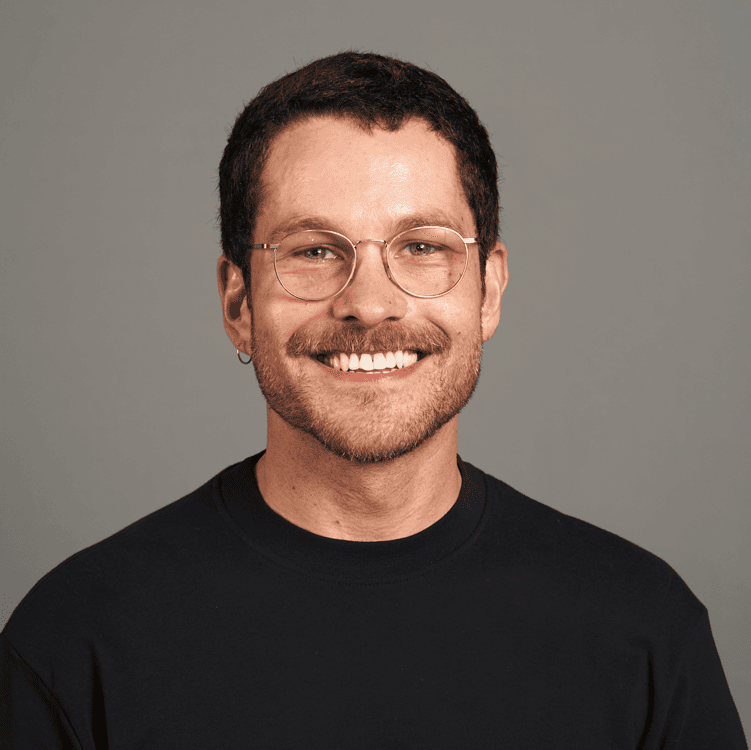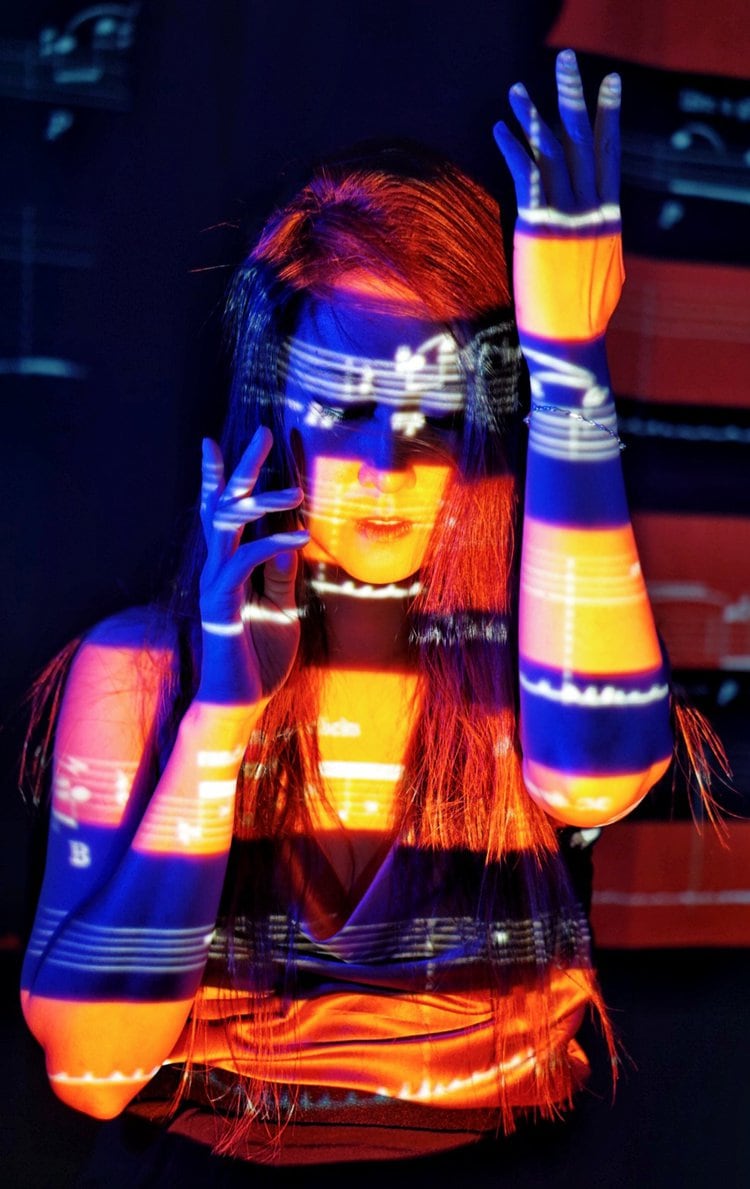Moderated by: Hai Ren
The conversation began with Kay and Marcos, sharing videos as a means with which to introduce themselves and their work. The conversation that then unfolded was guided by Hai’s central topics: research and creation, narration and collaboration, and art and activism.
Research and creation. The presenters agree that there is a “false dichotomy” between research and creation. Research, it is argued, is the very foundation of the creative process. “There is not a need to make a separation between research and art making,” explains Marcos. “I see artworks as products of research, as much as an article.” Kay adds that there is creation and re-creation, the latter of which is likewise an expanding of research and a deeper dive into knowledge creation. The question of what participates in meaning-making builds onto this exploration of the relationship between research and creation, both of which are bound to a variety of experiences, sensations, interactions, and, more broadly, existences, that likewise support knowledge and understanding.
Narration and collaboration. “Does the outcome of art research meet the demands of the art world,” Hai queries, “or beyond the art world?” The boundaries are broken, Hai ventures, and to this, Kay notes the variety of subjects that participate within her stories: from deforestation and whale hunting to Chinese culture, love, and relationships. Important to these varied topics are that they center on concepts that resonate to Kay herself, topics she felt deeply compelled to weave into her practice. Narratives, Marcos adds to the discussion, and the origin of narratives are of concern to him as well: how can new narrative strategies be shaped? Collaboration appears as one countermeasure—one disruptor—as Marcos brings a team of people to bear on the artwork, from the way in which data is collected to the work that is created.
Art and activism. Sharing lessons within multidisciplinary work and developing tools with which to teach how to conduct multidisciplinary work most efficiently and effectively, is of concern. Within higher education, it is argued, we have a real opportunity to model collaborations ethically, to address the lack of diverse representation in the arts. “Differences,” explains Marcos, “are generative.” (Summary: Meg Jackson Fox)

Marcos Serafim
School of Art
Assistant Professor, Art
Assistant Professor, Social / Cultural / Critical Theory - GIDP
Vice Chair, Social / Cultural / Critical Theory - GIDP

Yuanyuan (Kay) HE
School of Music
Associate Professor, Music